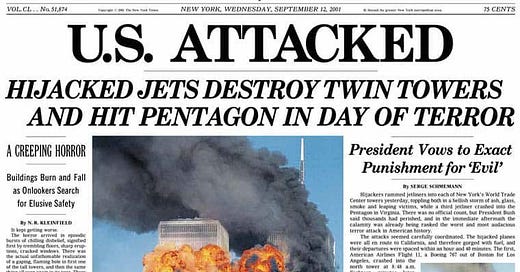Protecting Our People
Strategic Defense and Civil Defense are moral necessities and Christian imperatives.
"We, the people of the United States, in order to form a
more perfect Union. . . provide for the common defense. . . and secure
the blessings of liberty to ourselves and our posterity, do ordain and
establish this Constitution for the United States of America."
-- Preamble to the United States Constitution
"Q: What are the duties required in the sixth commandment?
A: The duties required in the sixth commandment are, all careful
studies, and lawful endeavors, to preserve the life of ourselves
and others. . . and protecting and defending the innocent."
-- Westminster Larger Catechism, Question 135
by Rod D. Martin
November 1, 2001
There is no more basic obligation of leadership than the protection of those led. Fathers are to protect children; husbands are to protect wives; pastors are to protect flocks, just as the Great Shepherd died to protect His church.
Just so, it is the duty of the civil magistrate, and particularly of the Christian statesman, to devote himself to the defense of his country.
…




